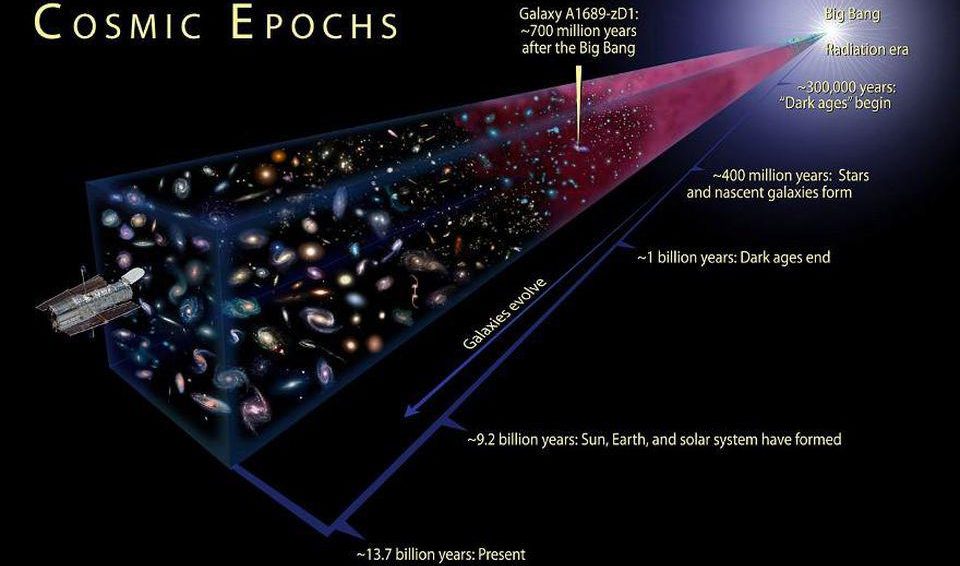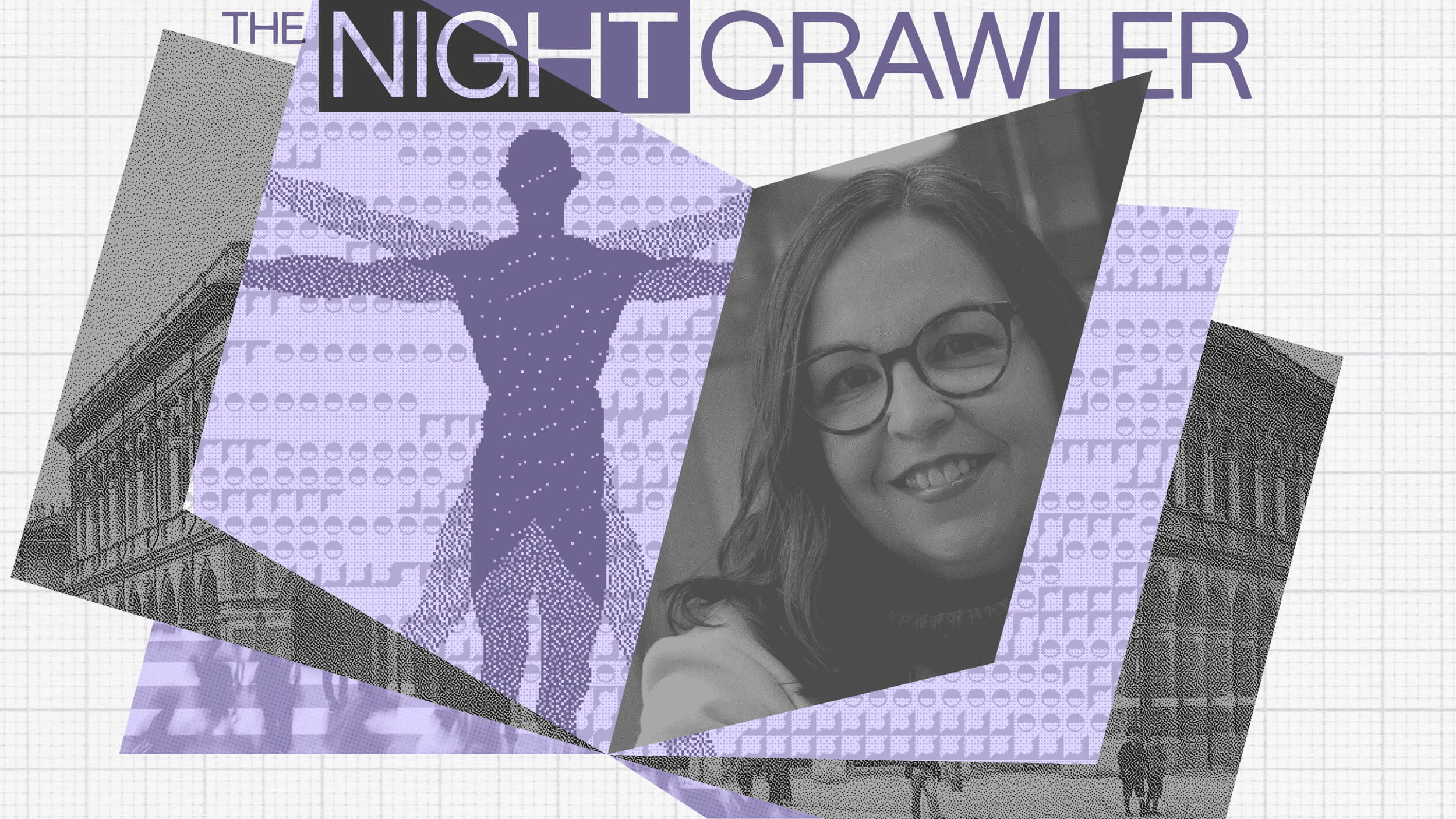Ray Kurzweil: Well if we talk about what is it that we should train children and adults 'cause I think we need lifelong education to do. It's not rote learning, which unfortunately it's still the model of education throughout much of the world. I think actually the United States is better than a lot of other areas interms of having more flexible approaches to what it is we're trying toget children to do.
Many areas of the world are really still have a model of education of rote learning, which is obsolete because we carry all that information on our belts. We don't need to remember it all. But we do need to be able to solve actual problems with knowledge. We need to find the right knowledge; yes, we have search engines to help us and the search engines will get better, but really need the right strategies to find the right information. We need to be able to create new knowledge.
Knowledge is doubling every 13 months by some measures. And knowledge isn't just a database. Knowledge is a symphony or a jazz band or a poem or a novel or a new scientific insight or an invention. These are also examples of knowledge. My philosophy of education is learn by doing. Singularity University, which I co-founded with Peter Diamandis and I'm Chancellor of – has that philosophy with the core curriculum is the students self-organizing into small teams and they take on a grand challenge like to solve the water problem of the world and maybe they will actually succeed in doing that – the goal is to actually do – solve major challenges in ten years.
Or maybe they'll solve a piece of it, or maybe they won't solve it at all, but they'll still learn something. If I think about what I've learned in my career, it's from my own projects and whether they succeed or fail, that's really the best way to learn. And there's versions of that we can bring into every level. We certainly see many college kids started major revolutions, including political revolutions but also technological revolutions, with no equipment other than their notebook computer or their phone.
Directed and Produced by:
Jonathan Fowler & Elizabeth Rodd






